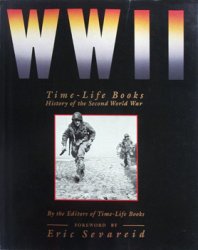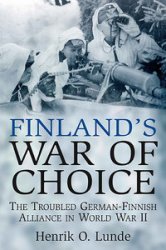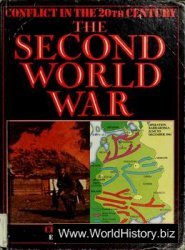In closing, we may return to our point of departure, and consider again the problem of identifying disciplines in the study of the Roman Empire. It should by now be clear that, as I suggested at the start, the study of the Roman Empire is almost by definition interdisciplinary, insofar as researchers must draw on a variety of sources and employ a wide range of methodologies in order to advance their work. Nevertheless, traditional disciplinary divisions continue to exert great influence. Two of these seem to me especially significant: that between archaeology and text-based approaches on the one hand, and that between ‘‘classical’’ studies and religious studies on the other. To some extent, there are strong practical reasons for these divisions: the demands of mastering the various skills that these disciplines require are such that no one could hope to achieve competence in them all. Nevertheless, it is vital that there be dialogue between specialists in these different areas; as I have indicated, such dialogue has begun and will if anything, I hope, increase.
It is also important to notice that the traditional model of Roman history still exerts a powerful influence. Written sources continue to be crucial, and the demands of mastering Latin and ancient Greek mean that language study remains an important element in the training of new historians; in turn, the time and effort people expend in acquiring these linguistic skills encourages them to privilege a text-based approach. One measure of the continued dominance of the literary sources is that standard accounts of the Roman Empire still tend to place the narrative of political and military events at the center, with accounts of society and economy, religion, literature and art relegated to interstitial ‘‘topical’’ chapters. Nevertheless, if the traditional model of Roman history continues to loom large in the study of the empire, its importance perhaps lies increasingly in serving as a foil against which scholars can elaborate newer interdisciplinary approaches. Certainly the variety of work noticed here suggests that we may be in the midst of a gradual sea-change in the study of the Roman Empire that will ultimately transform the discipline entirely.




 World History
World History









